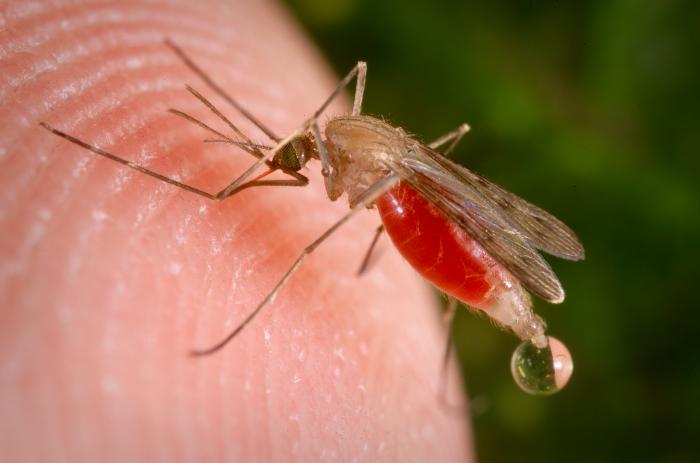The action will urgently address 34 municipalities in the Amazon Region that have concentrated around 80% of Brazil’s malaria cases.

The Amazon Region will receive from the Ministry of Health 300,000 bed nets impregnated with long-lasting insecticides (MILD) as a complementary strategy to combat malaria. The action planned for this month of November aims to serve 364,500 people from 34 priority municipalities in the states of Acre, Amazonas, Amapá, Pará, Rondônia and Roraima and nine Indigenous Special Sanitary Districts (DSEIs) that concentrate around 80% of malaria cases in Brazil.
The Amazon region accounts for more than 99% of the cases of malaria in Brazil, but the other states also have areas with the presence of the vector (areas that are receptive to malaria), where malaria reintroduction and outbreaks can occur from an imported case.
Venezuela malaria situation grows worse: 650K cases so far in 2018
In the Amazon region, 144,146 cases of malaria were registered, from January to September this year. Throughout Brazil, preliminary data show that, in 2017, 194,425 cases of malaria were reported. In 2018, in the period from January to September, 144,710 cases of the disease were registered in the country.
After 10 years of reduction of cases, in 2017 the country presented an increase of more than 50% of the cases (compared to 2016). In 2018, this increase continued, but with investments and support from the Ministry of Health, states and municipalities have already been showing signs of reducing cases.
PAHO on malaria: ‘Efforts must be stepped-up where incidences of the disease have increased’
Brazil: Rio de Janeiro, Minas Gerias and São Paulo are among the areas at risk for yellow fever

